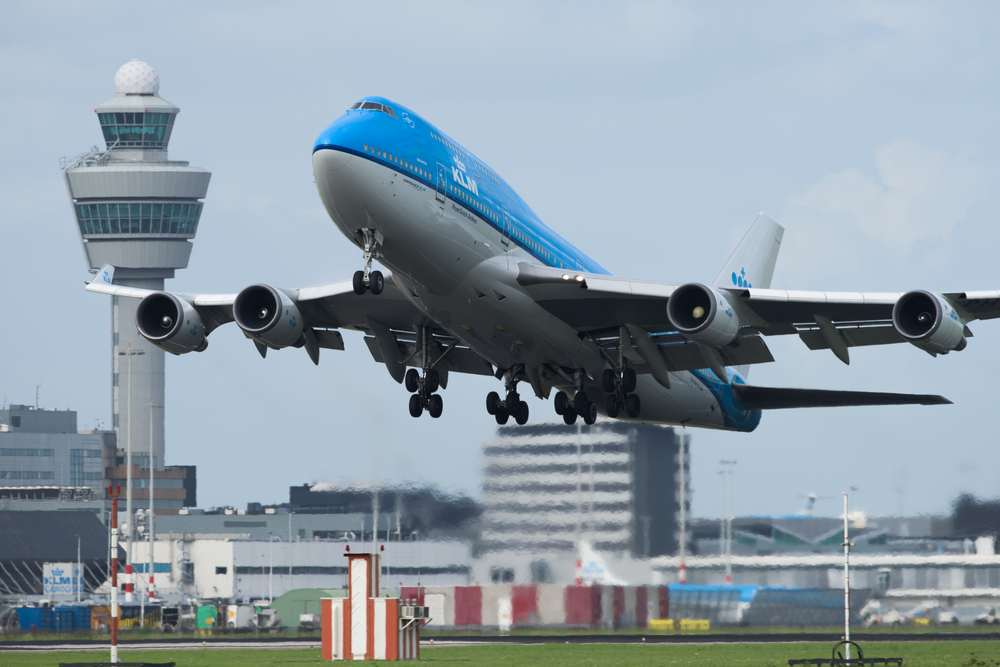From now on, Arcadis will purchase sustainable biofuel for all its business flights. The group’s entry will allow KLM and SkyNRG to further invest in sustainable biofuel. Earlier this year, Air Traffic Control the Netherlands (LVNL) joined the CBP.
Arcadis’ entry into KLM’s CBP fits in with the organisation’s aim to make its business operations more sustainable. The organisation has already invested in the relocation of its offices so they are closer to major train stations. Its offices are becoming increasingly sustainable. For example, discarded fishing nets have been incorporated into the carpeting, and the coffee chain is circular. Arcadis is also stimulating its staff through its sustainable mobility policy.
Reducing CO2 emissions
KLM is aiming to reduce its carbon dioxide emissions by 20% in 2020 (compared to 2010). To do this, KLM is not only investing in sustainable biofuel but also in fleet renewal and more efficient flight operations. Using sustainable biofuel can result in an 80% reduction in CO2 emissions compared to fossil fuels. However, the price continues to be two or three times higher than that of fossil jet fuel. For this reason, there is a worldwide need for technological development and further research into sustainable raw materials. Right now, the production, and the market, for sustainable biofuel is extremely limited.
KLM has been working to develop the market for biofuel since 2009 and is stimulating more airlines to follow its example. Other partners in the CBP include Air Traffic Control the Netherlands, Delft University of Technology, ABN AMRO, Accenture, FrieslandCampina, the City of Amsterdam, Loyens & Loeff, the Dutch Ministry of Infrastructure and Water Management, PGGM, and the Schiphol Group.
No negative impact on biodiversity
KLM only purchases biofuels made from raw materials that have no negative environmental impact on biodiversity or food production. Sustainable biofuels are purchased through SkyNRG and are tested by the SkyNRG Sustainability Board, which includes the World Wide Fund for Nature, the European Climate Foundation, and Solidaridad Network as members. SkyNRG is certified by the Roundtable of Sustainable Biomaterials (RSB).



